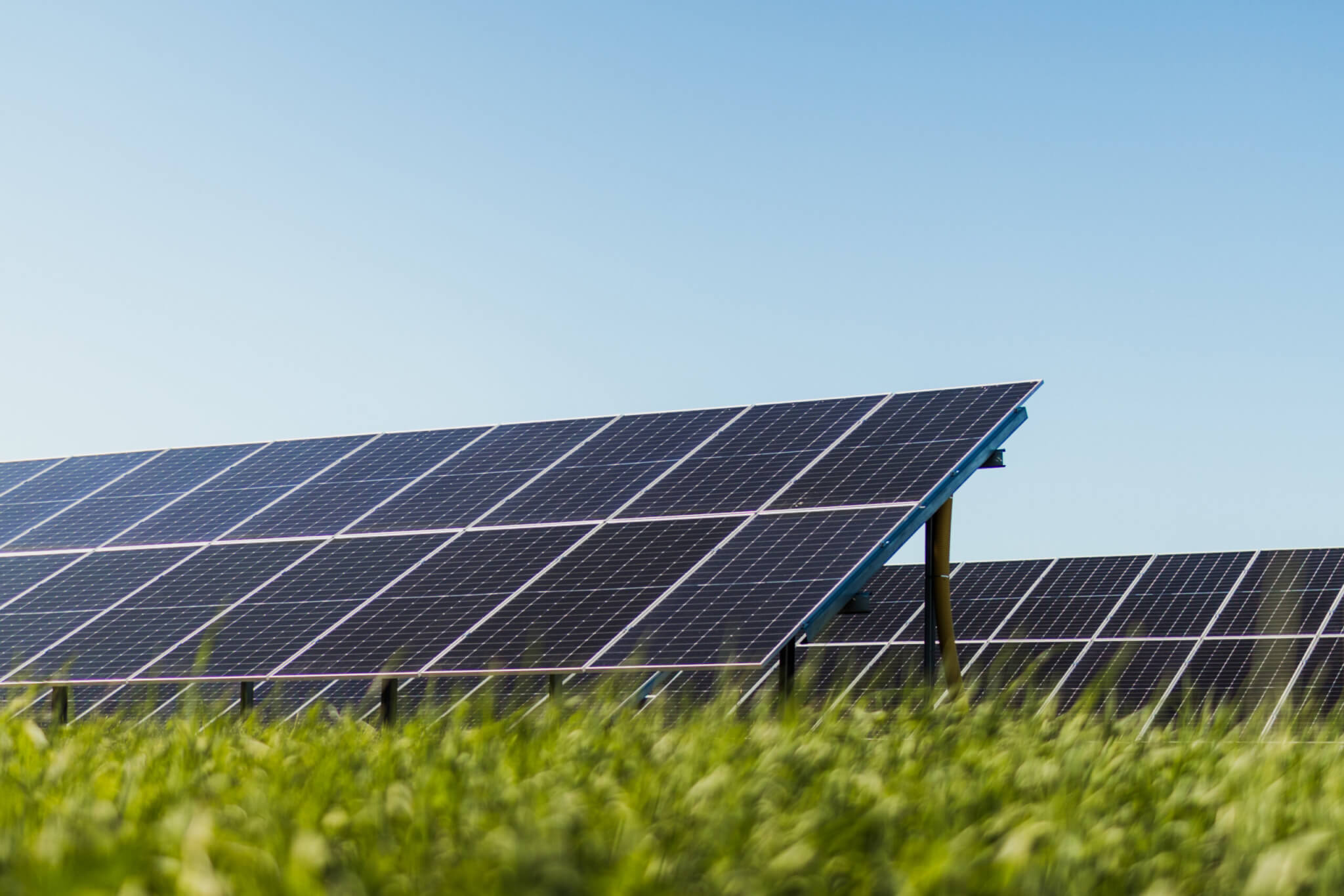Why solar power
Solar power is clean, domestically produced electricity: it enhances energy self-sufficiency, contributes to the withdrawal from foreign fossil energy, accelerates electrification of society, and brings jobs and income to Finland.
Solar power is a valuable addition to the energy mix in Finland and Europe, as it is an affordable and easily scalable way to generate renewable electricity. In the global energy mix, solar power is of huge size and importance, larger than wind power.
Solar and wind power complement one another. Solar power provides a steady flow of electricity from spring-winter until well into autumn, balancing renewable energy production, especially during the windless days of spring and summer. In this way, solar power stabilises both the price of electricity and the electricity system.
Solar power has a significant impact on employment, especially at the construction stage. The construction of a solar power plant is labour-intensive and creates great opportunities for Finnish contractors. On a larger scale, the employment impact of solar power extends far beyond individual solar power plants: clean and inexpensive energy production enables large-scale industrial investments to arrive in Finland.

Solar power can be built in areas that are not suitable for other purposes. In Finland, solar power plants can be located on sites such as old landfills, former peat production areas or areas no longer in agricultural use. This allows landowners to earn a steady income by leasing part of their land for solar power. Municipalities also benefit from solar power through the property tax.
In the production phase, the landscape impact of solar power is limited to the local area, and the landscaping of a solar power plant is relatively simple. Solar panels do not generate noise or pollution during production. Biodiversity in the area may even be improved, as grassland and heathland plants are well suited to growing in the solar power plant area.
New and rapidly developing practices can be seen in combining solar power with agriculture (“agri-solar”). Finland already has solar parks where sheep are pastured in summer. The sheep keep the vegetation in the solar farm in check, while the solar panels provide shelter for the animals.
Solar power is a concrete step towards a carbon-neutral society. It reduces Finland’s dependence on foreign fossil energy and accelerates the electrification of society. Self-sufficient and decentralised energy production supports Finland’s self-sufficiency and security of supply.